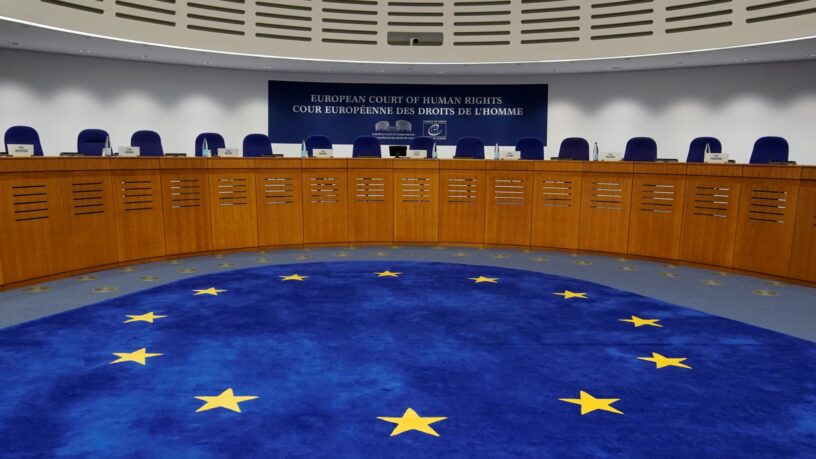The European Court of Human Rights ruled that Turkey violated the rights of Aydin Sefa Akay when he was arrested on terrorism charges after a failed coup attempt in 2016 despite his diplomatic immunity as a UN judge.
The European Court of Human Rights, ECHR in Strasbourg said in a judgment issued on Tuesday that Turkey violated the European Convention on Human Rights in 2016 when it arrested Aydin Sefa Akay, who was a UN judge at the time.
“The case concerned a UN judge’s arrest and pre-trial detention, as well as the search of his house and person, in the aftermath of the 2016 attempted military coup in Turkey, in spite of his diplomatic immunity,” the ECHR wrote in its ruling.
The ECHR said Akay, who has previously represented Turkey diplomatically, was working remotely from his home in Istanbul for the Hague-based United Nations International Residual Mechanism for Criminal Tribunals when he was arrested.
Turkish national Akay is currently in prison in Rize province in north-eastern Turkey following his conviction in 2021 for being a member of exiled cleric Fethullah Gulen’s network, which Ankara calls the “Fethullahist Terrorist Organisation” or FETO for short.
The Ankara government led by President Recep Tayyip Erdogan claims that followers of Gulen in the US organised the failed coup attempt in 2016. Gulen denies any involvement.
The ECHR noted that Akay was placed in pre-trial detention and subsequently indicted for being a member of an armed terrorist organisation.
The indictment referred to Akay’s use of Bylock, “an encrypted messaging application allegedly used exclusively by members of FETO, and two books found during the search of his home by Fetullah Gulen and one of his senior managers.”
In September 2023, in faulting the conviction of a teacher in Turkey, The ECHR also called into question the basis of thousands of cases based on Bylock app usage involving alleged followers of Gulen.
The ECHR said in Tuesday’s ruling that it was “not convinced by the national courts’ interpretation of international law when rejecting his claim for diplomatic immunity”.
It also found that Akay “appeared to have been entitled to full diplomatic immunity, including the inviolability of his person and private residence and being shielded from any form of arrest or detention, under international law. His arrest, pre-trial detention, search of his house and person had thus been unlawful,” the ECHR’s judgment said.
The ECHR ruled that Turkey must pay Akay 21,100 euros in non-pecuniary damages and 7,000 euros for costs and expenses.
Akay started working as a legal advisor for the Ministry of Foreign Affairs in 1987 and since then has held a number of overseas postings, including at Turkey’s permanent representation to the Council of Europe, where he represented the country before the European Court.



